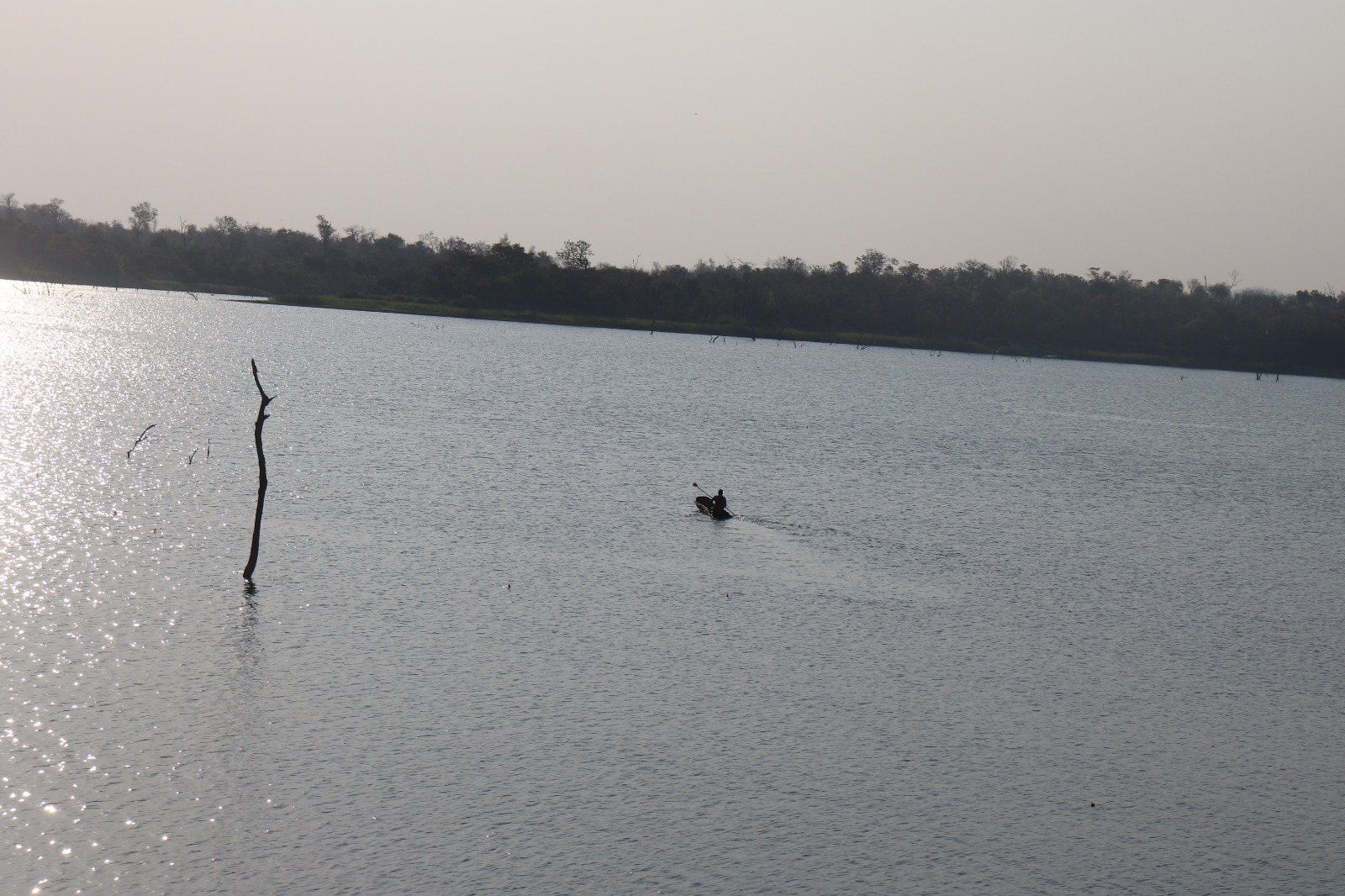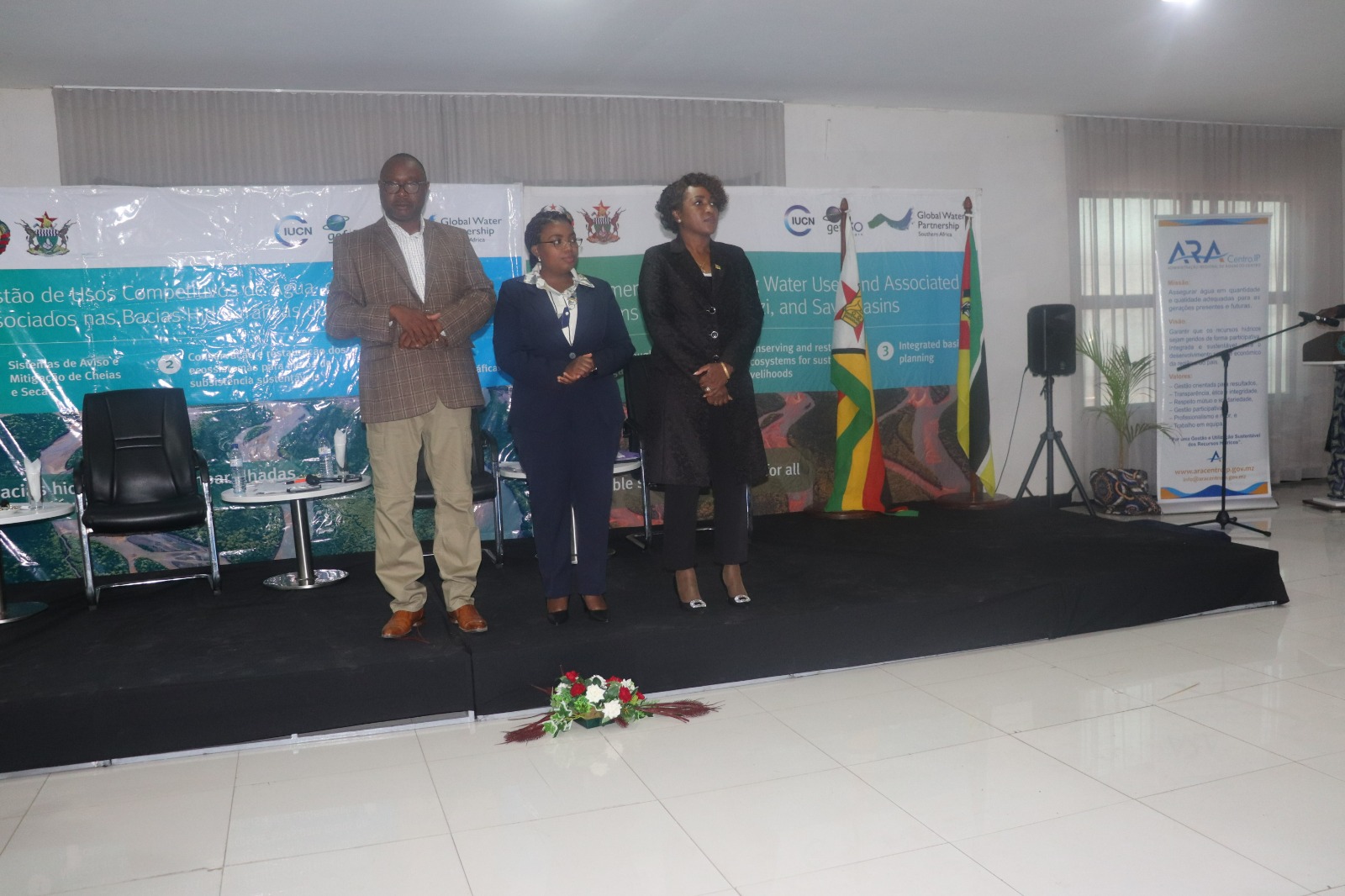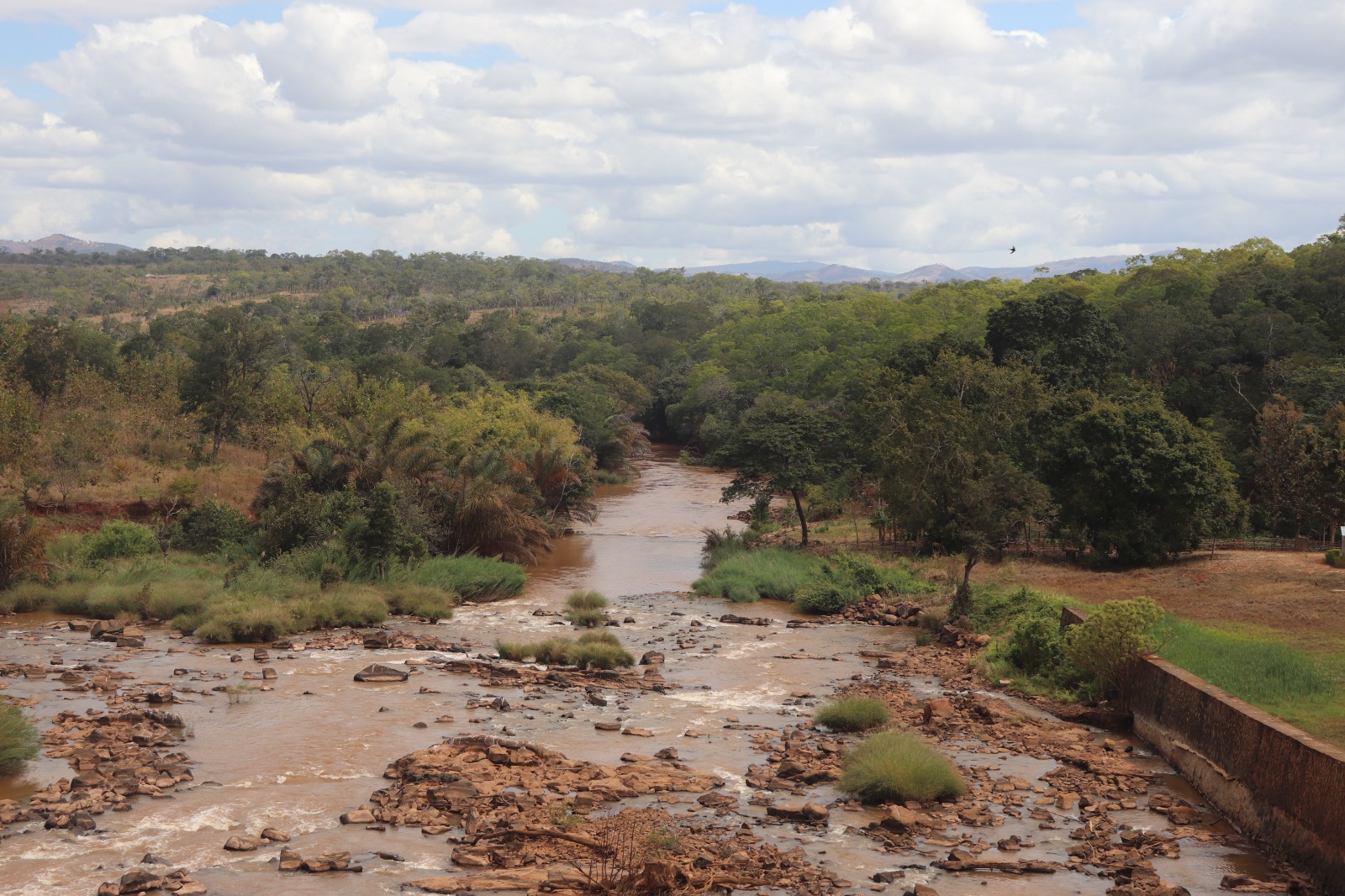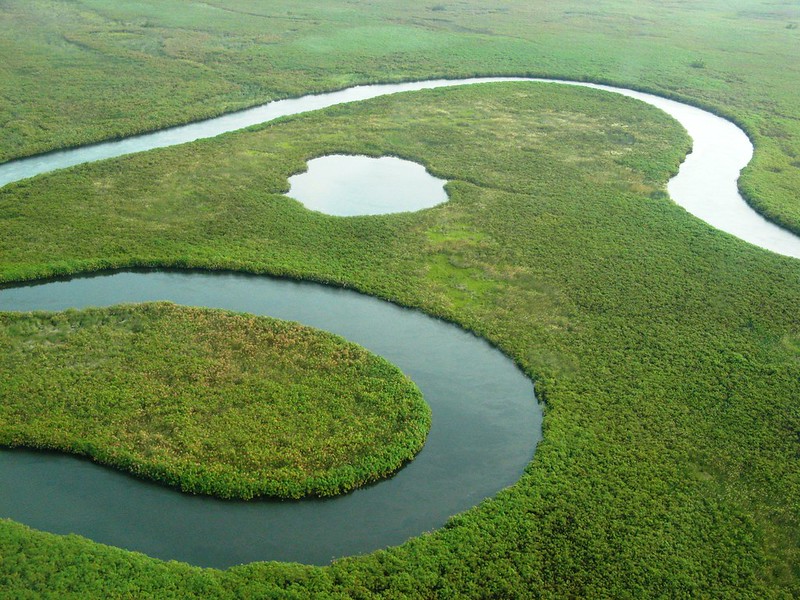Navigating Water Agreements Across Boundaries: The Journey of BRIDGE in the BuPuSa Transboundary Basin
Exploring the Triumphs of Transboundary Water Diplomacy: The BRIDGE Programme's Decade-Long Journey in the Buzi, Pungwe, and Save Transboundary Basins in Southern Africa.
The journey of IUCN’s Building River Governance and Dialogue (BRIDGE) programme in Southern Africa has spanned close to a decade, playing a vital role in facilitating transboundary water diplomacy and cooperation in the Buzi, Pungwe and Save Transboundary Basins, which are shared between Mozambique and Zimbabwe. The recent signing of important water sharing agreements and the establishment of the BuPuSa Watercourse Commission have mark significant milestones in this journey. "By fostering transboundary water cooperation, we are creating a more sustainable future for the communities that rely on these shared resources," says IUCN ESARO Regional Programme Manager - Water, Davison Saruchera.
The BuPuSa Basin is home to a dense population on both sides, with over a million people relying on its water resources for their livelihoods. From subsistence farming to commercial agriculture and bulk-water supply, the basin's water plays a crucial role in supporting various activities. However, the basin faces pressing challenges such as extreme weather events and degraded water quality due to unsustainable practices like gold panning and ore mining.
The BRIDGE programme, sponsored by the Swiss Agency for Development and Cooperation (SDC), has positioned IUCN as a leader in facilitating transboundary water diplomacy and cooperation in the region while partnering closely with the Southern Africa Development Community (SADC) Secretariat's Water Resource division to fulfil the commitments stipulated in the revised 2000 SADC Protocol on Shared Waters. Recognising the need for collaborative solutions, BRIDGE has actively built strategic partnerships with other organisations working in the Basin, including WaterNet, GIZ, GWP Southern Africa and other partners. Together, they have coordinated efforts to implement regional water cooperation frameworks and enhance capacity in the institutions operating in the basin. By promoting effective transboundary water governance and leveraging ecosystem services, these partnerships aim to address the challenges faced by the BuPuSa basin. "Working closely with BRIDGE, we have seen the positive impact of transboundary water governance in the BuPuSa Basin. Through collaboration and capacity-building, we are strengthening water management and improving livelihoods in the region," states GWP-Southern Africa Interm BuPuSa Commission Executive Secretary Eng Elisha Madamombe.
One notable project in the Basin is the GEF 6 project, implemented by IUCN and executed by GWP-SA. This project aims to strengthen transboundary cooperation and the management of water resources, as well as improve water security, climate change resilience, and sustainable livelihoods in the Buzi, Pungwe and Save basins. Through such initiatives, BRIDGE and its partners are working to ensure the long-term sustainability of the basin's water resources.
In addition to project implementation, BRIDGE has played a crucial role in capacity-building and training sessions in the basin. Technical teams in the basin have received training on transboundary integrated water resources management and environmental flows. These sessions have also focused on benefit-sharing practices and tools, highlighting the importance of equitable water sharing and cooperation between Mozambique and Zimbabwe.
BRIDGE's current phase is focused on mobilising additional resources for the basin and engaging stakeholders to develop an inclusive gender strategy. The programme aims to identify the benefits derived from well-managed water resources and transboundary cooperation for local communities and other stakeholders in the basin. Through these efforts, BRIDGE continues to pave the way for sustainable water management and cooperation, ensuring a brighter future for the BuPuSa basin and its local communities.





